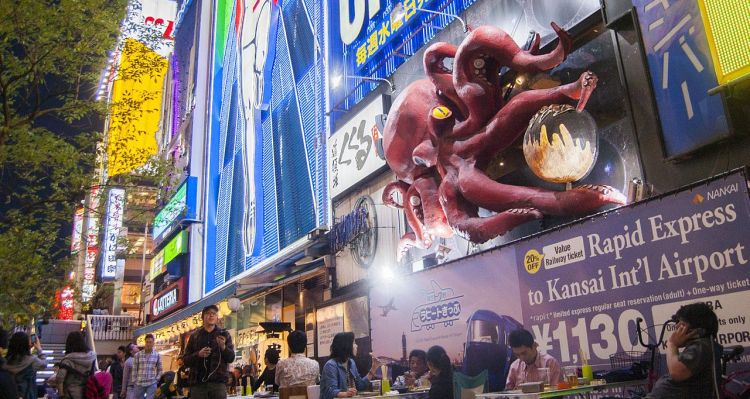Japan has contemplated for years about changing its gaming laws that would allow integrated resorts (IR) consisting of casinos, hotels and malls to be developed in the country but so far a favorable decision hasn’t been taken. A gaming bill was initially submitted in 2013 but a political fallout caused the House of Representatives to dissolve in 2014 and as a result, the bill was scrapped. The bill was introduced in 2015 but made no progress as the opposition party did not support the bill.
This time around the ruling Liberal Democratic Party (LDP) General Council chair Hosoda is confident that the gaming bill will be debated in the current parliamentary session. Gaming analysts believe that this is the best opportunity for the gaming bill to be passed because Prime Minister Shinzo Abe is in favor of developing IRs as it would bring in a significant amount of foreign investment, create thousands of jobs, increase tourism and generate government funding in the form of gaming taxes.
This time around the LDP does not really need the opposition party to vote in favor of the gaming bill. Prime Minister Abe reshuffled his ministers in August and promoted three officials that were pro-gaming to important positions. Hiroyuki Hosoda was promoted to General Council chairman, Toshimitsu Motegi was nominated as the policy chief and Toshihiro Nikai became the secretary-general. The three ministers attended a meeting on October 27 to discuss the gaming bill and are confident that the bill will be passed before November 30 when the current legislative session ends.
Some of the top gambling enterprises in the world who practice responsible gaming have been working with Japanese legislators and key stakeholders to make them aware of the benefits of IRs. Should the gaming bill be approved, Japan will most likely start with two multi-billion dollar IRs located in Tokyo and Osaka. The casino industry is expected to bring in more than $40 billion to the Japanese economy which is the third largest economy in the world and help the country hit its tourism goal of bringing in 20 million visitors each year by 2020.
In a statement, Grant Govertsen, Union Gaming Analyst said “We believe that two IRs in Japan would quickly surpass the revenue story in Singapore, which in turn would make Japan the second largest gaming market in the world behind Macau. If the public were to understand that there would only be a couple, or a few, casinos and that they would be massive entertainment destinations that extend well beyond gambling, there would be a favorable opinion.”
Global Market Advisors managing partner Steven Gallaway expects Japan’s integrated casino resorts to target mass market gamblers rather than the VIP market segment. Gallaway believes that the Japan’s casino industry could rival Singapore’s casino industry which has just two integrated resorts. Singapore allows locals to gamble at its two casino resorts but has imposed a number of restrictions to curb problem gambling and Japan could adopt a similar stance going forward.
World Casino News investigations have shown that the Las Vegas Strip area of Nevada is currently number two in gross gaming revenues, behind Macau and ahead of Singapore.



